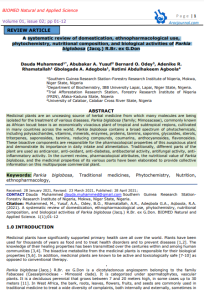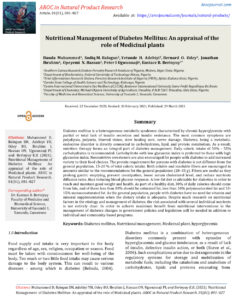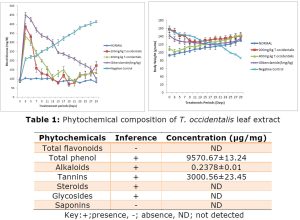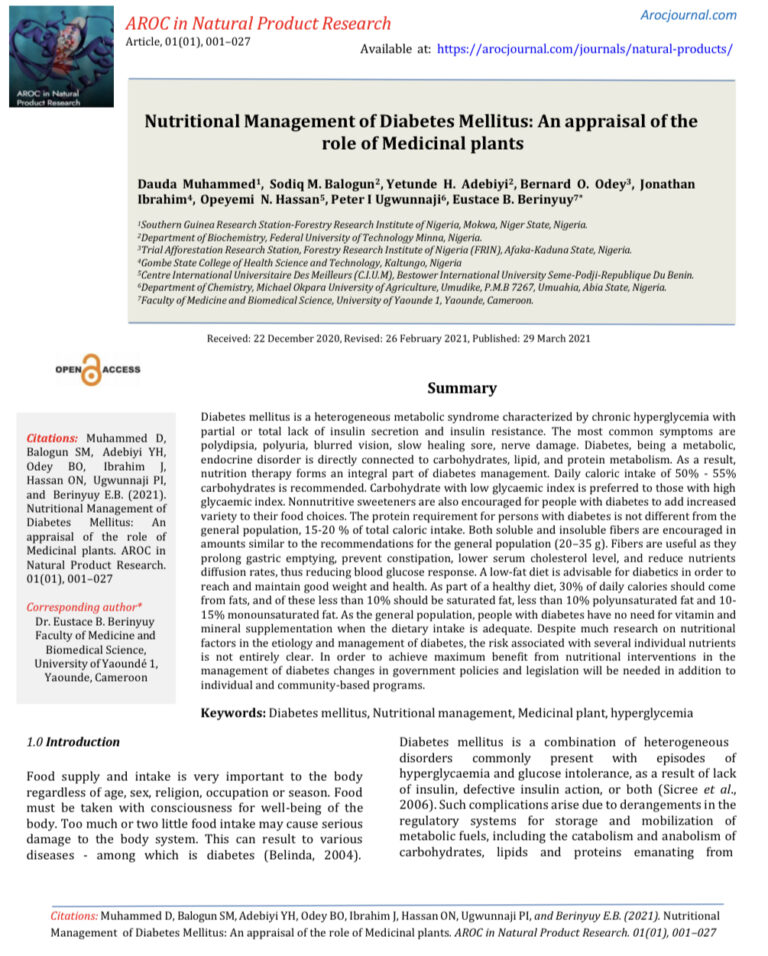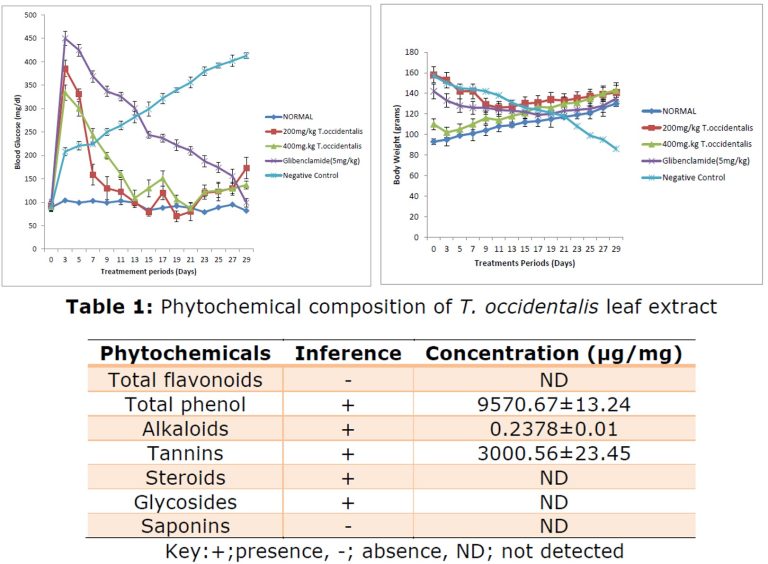Introduction
The global e-commerce industry has undergone significant transformation over the past two decades, shifting from basic online catalogs to sophisticated, interactive marketplaces. As consumer expectations evolve, businesses are under pressure to deliver more engaging, intuitive, and tailored digital experiences. Emerging technologies such as Artificial Intelligence (AI), Augmented Reality (AR), and personalized marketing have emerged as the cornerstones of this transformation.
AI provides the analytical backbone for predictive modeling, fraud detection, and customer behavior analysis. AR, on the other hand, creates immersive experiences that bridge the gap between online and offline shopping. Personalized marketing leverages consumer data to deliver targeted content, offers, and recommendations, ensuring higher conversion rates and customer satisfaction. Together, these technologies form a triad that is redefining the future of e-commerce.
This article investigates the convergence of these technologies, their impact on e-commerce ecosystems, the challenges associated with their adoption, and the future research needed to unlock their full potential.
Background and Context
The rise of digital-first consumers, accelerated by the COVID-19 pandemic, has forced businesses to innovate rapidly. According to Statista (2024), global e-commerce sales surpassed $6.3 trillion, with projections to reach $8.1 trillion by 2026. This exponential growth has been driven by technological adoption, mobile commerce, and changing consumer behaviors.
Traditional e-commerce models often lacked the ability to simulate in-store experiences or provide meaningful personalization. Customers frequently abandoned carts due to uncertainty, lack of trust, or insufficient product visualization. Integrating AI, AR, and personalized marketing offers solutions to these limitations, creating a seamless, customer-centric shopping journey.
Current Trends and Challenges
AI in E-Commerce
AI has become indispensable in e-commerce, powering chatbots, virtual assistants, and recommendation systems. Amazon’s product recommendation engine, for instance, generates approximately 35% of its revenue through AI-driven personalization (McKinsey, 2023). Predictive analytics enables businesses to anticipate demand, optimize inventory, and streamline logistics.
Challenges:
-
High dependency on data quality
-
Algorithmic bias and fairness issues
-
Privacy concerns related to user profiling
AR in E-Commerce
AR allows customers to “try before they buy,” reducing purchase uncertainty. IKEA’s AR app enables users to visualize furniture in their homes, while Sephora’s virtual try-on tool enhances beauty product shopping experiences.
Challenges:
-
High development costs and technical expertise
-
Device compatibility and accessibility issues
-
Consumer adoption barriers in developing regions
Personalized Marketing
Personalized marketing transforms raw data into tailored experiences. By analyzing browsing behavior, purchase history, and preferences, companies deliver highly targeted advertisements and promotions.
Challenges:
-
Balancing personalization with privacy
-
Risk of consumer fatigue from excessive targeting
-
Regulatory pressures from GDPR and CCPA
Technical Analysis and Frameworks
AI Frameworks for Personalization
AI-driven recommendation systems rely on collaborative filtering, content-based filtering, and hybrid models. Machine learning algorithms such as neural networks and reinforcement learning enhance personalization accuracy.
AR Implementation Framework
Effective AR integration requires a combination of hardware (AR glasses, smartphones), software (ARKit, ARCore), and 3D content modeling. Cloud-based AR solutions are emerging to reduce device-side limitations.
Data-Driven Marketing Architecture
A three-tier architecture—data collection, analytics, and delivery—forms the foundation of personalized marketing. Tools like Google BigQuery and Apache Hadoop facilitate large-scale data analysis, while APIs enable real-time personalization.
Case Studies and Real-World Applications
-
Amazon Go: AI-powered cashierless stores leverage computer vision and deep learning to provide frictionless shopping experiences.
-
Nike Fit App: Uses AR to scan feet and recommend accurate shoe sizes, reducing return rates.
-
Alibaba’s Fashion AI: Provides personalized styling recommendations using computer vision and AI.
-
L’Oréal Virtual Try-On: Combines AR and AI to allow consumers to preview cosmetics virtually.
These case studies demonstrate that the integration of AI and AR not only enhances user engagement but also improves operational efficiency and reduces business costs.
Implications and Future Research Directions
The convergence of AI, AR, and personalized marketing signals a paradigm shift in e-commerce. Businesses that adopt these technologies gain competitive advantages through enhanced customer engagement, reduced return rates, and improved loyalty.
Future Research Areas:
-
Ethical AI in E-Commerce: Addressing algorithmic bias and transparency.
-
Cross-Platform AR Integration: Ensuring seamless experiences across devices.
-
Hyper-Personalization: Leveraging AI to deliver individualized experiences at scale.
-
Sustainable E-Commerce: Exploring how these technologies can reduce waste and promote green retail practices.
Conclusion
The future of e-commerce lies in creating immersive, intelligent, and personalized experiences. AI provides the intelligence to analyze and predict consumer behavior, AR bridges the physical-digital divide, and personalized marketing ensures relevance in every interaction. While challenges such as privacy, cost, and accessibility remain, the trajectory is clear: e-commerce will continue to evolve into a highly adaptive, consumer-centric ecosystem. Collaboration between researchers, businesses, and policymakers will be vital in shaping this future responsibly and sustainably.
References
-
McKinsey & Company. (2023). The state of AI in 2023: Generative AI’s breakout year. McKinsey Global Institute.
-
Statista. (2024). Retail e-commerce sales worldwide from 2014 to 2026. Statista Research Department.
-
Kapoor, K., Dwivedi, Y. K., Piercy, N. F., & Rana, N. P. (2022). Artificial intelligence in marketing: A review and future research agenda. International Journal of Information Management, 63, 102457.
-
Dwivedi, Y. K., Hughes, L., Baabdullah, A. M., & Ribeiro-Navarrete, S. (2021). Metaverse marketing: How Augmented Reality and Artificial Intelligence are reshaping digital commerce. Journal of Business Research, 136, 204–210.
-
Pantano, E., Pizzi, G., Scarpi, D., & Dennis, C. (2020). Competing during a pandemic? Retailers’ ups and downs during the COVID-19 outbreak. Journal of Business Research, 116, 209–213.

